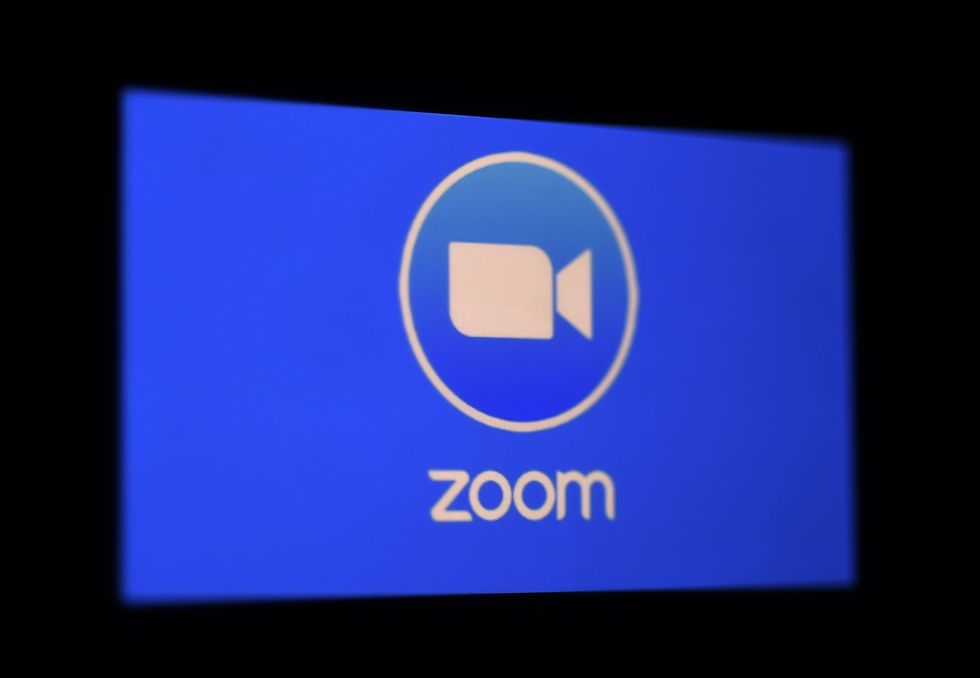Catherine Shuttleworth
Nov 04, 2023
Here’s why we’re all feeling exhausted after Zoom calls
Zoomin TV / VideoElephant
Scientists have figured out why Zoom calls can feel so awkward at times.
It may be due to your brain not processing conversations on Zoom the same way it processes face-to-face conversations.
A study at Yale University highlights how important in-person communication is to how we naturally interact with others.
"The Social systems of the human brain are more active during real live in-person encounters on Zoom," says Joy Hirsch, a neuroscientist and senior author of the paper.
"Online representation of faces, at least with current technology, do not have the same 'privileged access' to social neural circuitry in the brain that is typical of the real thing."
In the study, researchers compared how two people interacted with each other in real-time, using neuroimaging to record brain activity.

Hirsch and her colleagues used functional near-infrared spectroscopy (fNIRS), electroencephalography (EEG), and eye trackers, to record brain and eye activity as people spoke to each other.
The participants were 28 healthy adults without vision impairments and included various ages, genders, and ethnicities.
The team then compared the results of pairs taking part in live face-to-face conversations to those of Zoom users having video chats on the popular platform.
In order to compare without factors such as biases changing, the pairs stayed the same and each pair completed the same tasks during the conversations.
Face-to-face discussions coincided with greater increases in brain signalling in a critical area called the dorsal-parietal region, compared to Zoom interactions.
When participants spoke to each other face-to-face, brain wave activity showed theta oscillations, which are linked to better face processing.
"Pupil diameters were generally larger for in-person faces than for virtual faces suggesting increased arousal for in-person faces," the team writes. "In addition, the magnitudes of the pupil responses were reciprocated by partners."
Hirsch explains that "the dynamic and natural social interactions that occur spontaneously during in-person interactions appear to be less apparent or absent during Zoom encounters."
The main aspect that sets face-to-face interactions apart from virtual ones is how we look at each other, and technological limitations may be at the core of the problem. This is because it's difficult to make eye contact with webcams. Looking at the camera so our partner can see our eyes means that we can't look at the screen and focus on theireyes.
Hirsh concludes: "Zoom appears to be an impoverished social communication system relative to in-person conditions."
The study has been published in Imaging Neuroscience.
Sign up to our free Indy100 weekly newsletter
Have your say in our news democracy. Click the upvote icon at the top of the page to help raise this article through the indy100 rankings.
How to join the indy100's free WhatsApp channel
Top 100
The Conversation (0)














